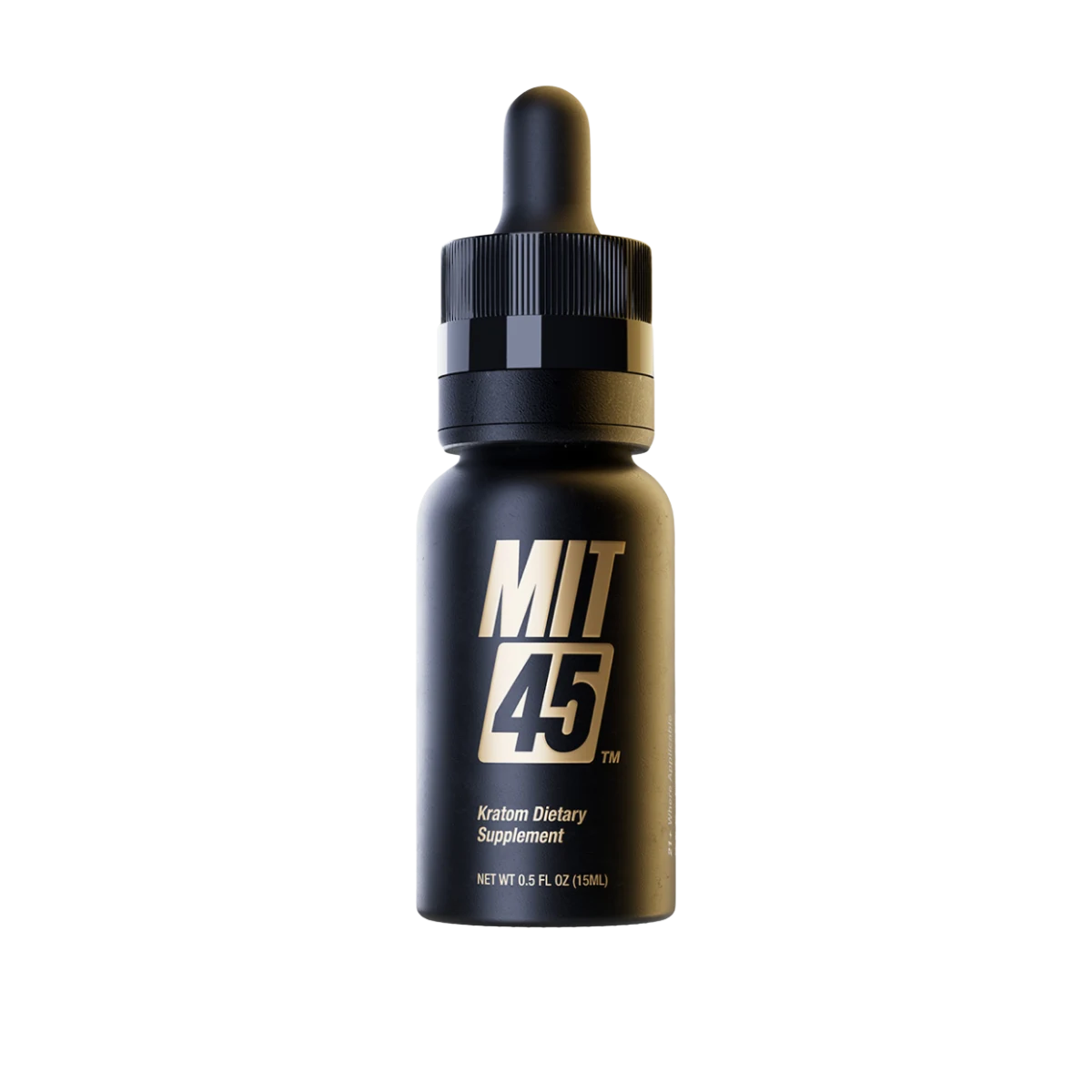Curious about kratom nutritional value? From calories to vitamins and minerals, you may have found it hard to pinpoint kratom nutrition facts before. Although science hasn’t completely clarified kratom’s nutrient content yet, this article contains some basic information to help you make sense of calories, vitamins, minerals, and more. Plus, you’ll be able to check back soon for updates— more information will be added here as it becomes available.
Keep reading for what we know so far about kratom when it comes to nutrition.
FAQs: Kratom Nutritional Value
With so many conflicting answers on the internet, finding kratom’s true nutritional value can seem tricky! The following answers to commonly asked questions about kratom’s nutrient content can help you make the right choice for your lifestyle and wellness routine.
Does Kratom Have Calories?
As a useful practice, some kratom consumers estimate around 5-10 calories per gram (even though the actual number may be more or less).Similar to food, kratom’s calories may depend on its form and serving size.

Even though the calories in kratom do not add up quickly, some people may still choose to include an estimated calorie count as part of their food diary.
According to Myfitnesspal, a website that isn’t necessarily transparent about how it calculates calories and allows user-created entries, a single gram of Maeng Da Kratom is 12 calories. Other sources cite this number as lower, around 7 or 8 calories per 2 grams of kratom.
Since there isn’t an entry for kratom in the U.S. Department of Agriculture’s FoodData Central database for kratom (which is used by many experts as an authoritative source on nutrient data), it’s hard to know the exact calorie amount of kratom until more scientific studies are conducted. A search of potentially similar substances (such as moringa greens, green tea powder, chlorella greens, and spirulina powder) suggests between 5-15 calories may be provided per 2 gram serving.
Does Kratom Have Caffeine?
Kratom does not naturally contain caffeine, although kratom products can have caffeine added to them. For example, our MIT45 Boost liquid kratom extract contains a kratom and caffeine combo with 50 milligrams (mg) of plant-based caffeine per bottle. Generally, looking at the product facts or online product page can help you identify whether a product contains caffeine.
Does Kratom Have Carbs?
Typically, kratom is believed to be mostly protein or carbohydrate in composition when it comes to the three main macronutrients (carbs, protein, and fat). Like other green leaves, kratom may provide smaller amounts of fats and other micronutrients (vitamins and minerals).
Does Kratom Have Fiber?
Kratom may contain minimal amounts of fiber. If kratom does contain a significant amount of fiber, it could essentially “cancel out” some of the carbs (meaning carbs and net carb calculations would be different). Until more scientific studies are done, it’s hard to know for sure.
Does Kratom Have Antioxidants?
Not much is known about the antioxidant activity of kratom. Since kratom comes from the leaves of a tree, many experts suggest kratom could contend with other herbs and botanicals once more is understood about its nutrient profile. One recent study suggested that kratom extracts may exhibit “very strong” antioxidant activity.
Additionally, some of our products (like our MIT45 liquid kratom extract) contain citric acid. Originally found in citrus fruits, this additive acts as a flavoring agent and preservative. It’s also considered a known antioxidant.
Does Kratom Have Iron In It?
Kratom isn’t believed to be a significant source of iron. In general, plants contain a type of iron (called non-heme iron) that is more difficult for the body to absorb than the type of iron found in animal-based sources. In other words, kratom probably doesn’t provide a significant source of iron, and it’s best to eat a combination of plant and animal foods in order to meet your daily iron requirements.
Does Kratom Have Vitamins?
Kratom is likely not a major source of vitamins or minerals, although potential antioxidant activity suggests vitamins with antioxidant properties may be involved (like vitamin K or vitamin A). Minerals found in other plants, such as potassium and calcium, may also be available in kratom— but, as mentioned above, more research is needed to know for sure.
What About Kratom And Vitamin C?
Naturally occurring kratom isn’t thought to provide significant levels of vitamin C. Some studies suggest kratom may exhibit antioxidant activity, meaning vitamin C (which can act as an antioxidant) may be involved. However, if kratom contains vitamin C, it probably isn’t going to be considered a significant source.
The Bottom Line on Kratom’s Nutritional Value
As you may have guessed from many of the answers to these frequently asked questions, even experts aren’t exactly sure what nutrients kratom provides. Your “best bet” is to look at the product label of the item you’re consuming and make an educated estimation.
While kratom isn’t believed to be a significant source of vitamins and minerals, it’s also thought to be low in carbohydrates and calories overall (which is a plus for many nutrition-minded individuals). Additionally, according to some preliminary studies, kratom’s potential antioxidant activity proves promising and may illuminate more (in the future) about its nutrient content.
References
Myfitnesspal. Maeng Da Kratom. Myfitnesspal.com. Accessed August 2023.
Paul W. What Is the Nutritional Value of Kratom Tea? Kratom.org. Published December 2022.
Ryan EM, Duryee MJ, Hollins A, Dover SK, Pirruccello S, et al. Antioxidant properties of citric acid interfere with the uricase-based measurement of circulating uric acid. J Pharm Biomed Anal. 2019;164:460-466.
U.S. Department of Agriculture. Fdc.nal.usda.gov. Accessed August 2023.
Yuniarti R, Nadia S, Alamanda A, Zubir M, Syahputra R, Nizam M. Characterization, Phytochemical Screenings and Antioxidant Activity Test of Kratom Leaf Ethanol Extract (Mitragyna speciosa Korth) Using DPPH Method. J Phys Conf Ser. 2020;1492.




